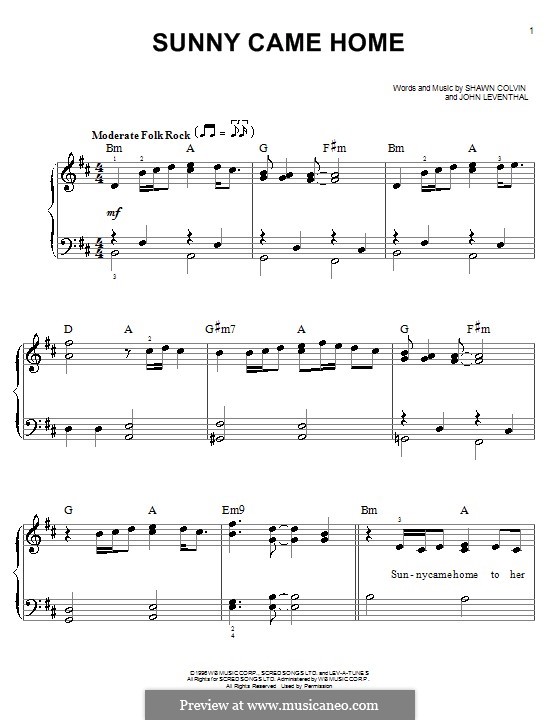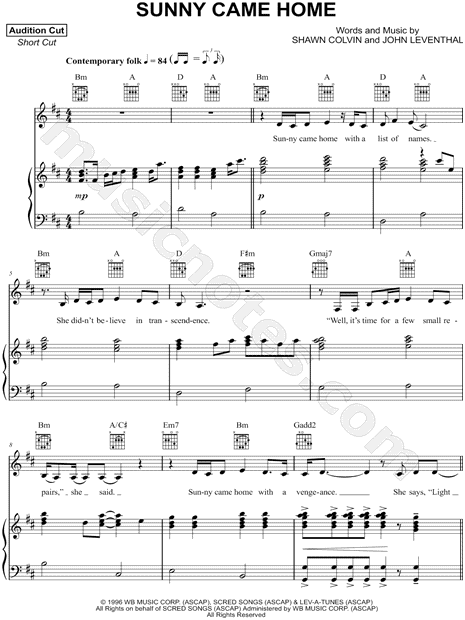

Maybe they have a church choir that sings hymns, or a worship band - but most of their singing experience revolves around "just" school choir and musical theater programs.

On the other hand, many white folk grow up with virtually NO LIVE SINGING in their life. But it's a bit more than that, it's that many people who grow up in the church experience gospel singing LIVE and this is a huge thing - we learn a lot more from live singing than we do listening to recordings. Many others have pointed out the general point that we tend to be drawn to the vocals we grow up with, and for many black folk there's a huge rnb and gospel influence.

Like, listen to a white singer who was raised around "black" music for reference, like DeAndre Brackensick. It's, in my experience, mostly a cultural thing. What do you think is the more likely reason? Or do you think it's a mix of both? I'm curious to hear what people hear think. There seems to be no replacement for growing up with something deep in your family life when it comes to getting naturally proficient at it, so that's another possibility. As a music teacher myself, I've often seen black students who are immersed in singing very difficult vocal lines at a very young age because of that. Certainly that has to affect singing to *some* degree, but exactly how is an open question.įor culture, we have the great gospel and R&B traditions. This is because of different tendencies in bone and facial structure.
SUNNY CAME HOME GUITAR LESSON TV
There have been sci-fi shows on TV where literally this has been done, and you can tell the black actors from the white actors fairly easily. For the first, realize that if you covered people's faces in blue paint, you would frequently still be able to tell their race. So, why? The two suggested answers are: Tendencies toward different bone and facial structure, or singing culture. The basic lesson is: If you're white, just don't try to sing like black singers, especially in genres like Gospel or Soul or R&B, you're gonna fail and/or kill your voice trying. I know several vocal teachers who have all found the same thing - they have black students who come in, and they can both execute vocal techniques and lines that most white singers cannot, and more frequently get away with vocals that are generally considered harmful and damaging to the voice with less repercussions. But, I like saying screw it to taboos, so I'll address it: There's a taboo subject in singing that is really fascinating to me, but has very little legit research involved with it, because of the taboo.


 0 kommentar(er)
0 kommentar(er)
